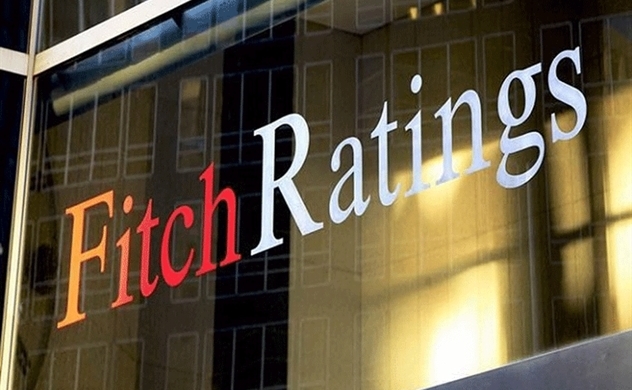Fitch upgrades Vietnam’s credit-rating to BB+ from BB on “robust” FDI

Fitch Ratings upgraded Vietnam's sovereign credit rating due to a favorable medium-term development outlook, bringing the country closer to investment grade.
“The upgrade reflects Vietnam's favourable medium-term growth outlook, underpinned by robust foreign direct investment inflows, which we expect will continue to drive sustained improvements in its structural credit metrics.”
“We have increasing confidence that near-term economic headwinds from property-sector stresses, weak external demand, and delays in policy implementation owing to a corruption crackdown are unlikely to affect medium-term macroeconomic prospects and that policy buffers are sufficient to manage near-term risks,” Fitch said in a statement.
Vietnam's government has upped economic stimulus efforts, with Prime Minister Pham Minh Chinh targeting 6% to 6.5% GDP growth in 2024, up from 5% this year.
The organization forecasts 7% medium-term growth as a result of the country's cost competitiveness, educated workforce, and involvement in regional and global free-trade agreements, which will encourage continued strong foreign investment while diversifying the global supply chain.
According to the government, FDI projects have disbursed approximately $22.4 billion (6% of GDP) as of 20 December 2022, a 13.5% increase over the same period last year. In September, diplomatic relations with the US were elevated to a comprehensive strategic partnership, which could permit further US FDI and commerce.
According to Fitch, foreign-exchange reserves grew slightly to $89 billion at the end of September, following a substantial drop in 2022. Reserves are expected to improve in 2024–2025.
According to Fitch, property sector difficulties and slower economic growth have stifled credit demand. As maturity approaches, certain highly indebted firms may face refinancing issues. "Many banks have not reduced real-estate lending or bond holdings significantly, suggesting that they will refinance qualified borrowers to avoid crystallizing wider defaults and losses," the paper said.
The vast amount of the financial system's assets, which will be 190% of GDP at the end of 2022, will continue to be a rating restriction, along with strong loan growth and thin capitalisation. As consumer sentiment improves, it anticipates loan growth to rise to roughly 14% in 2024, in line with the government's credit growth target.
According to the organization, the general government debt/GDP ratio will stabilize at roughly 38%, much below the 'BB' median. Vietnam's financial strategy to 2030 calls for a budget deficit of around 3.7% of GDP in 2021-2025, decreasing to 3% of GDP by 2030.
"Our baseline forecast is for the budget deficit to average about 4.3% of GDP over 2024-2025, up from an estimated 4.1% of GDP in 2023."
Vietnam has an ESG Relevance Score of '4' for Human Rights and Political Freedoms, as the World Bank Governance Indicators' Voice and Accountability pillar is relevant to the ranking and a rating driver. Vietnam's percentile rank for the World Bank Governance Indicators is below 50, which has a negative impact on its credit profile.
Vietnam has an ESG Relevance Score of '4[+]' for Creditor Rights, indicating that readiness to service and repay debt is important to the rating and a rating driver for Vietnam, as it is for all sovereigns. Vietnam has gone more than 20 years without a governmental debt restructuring, which is reflected in our SRM variable. This is beneficial to the credit profile.
Unless otherwise specified in this section, the greatest level of ESG credit relevance is a score of '3'. A score of '3' indicates that ESG issues are credit-neutral or have a minor credit impact on the business, either because of their nature or the manner in which they are managed by the company. Fitch's ESG Relevance Scores are not rating inputs; they are observations on the relevance and materiality of ESG issues in rating decisions.

 TIẾNG VIỆT
TIẾNG VIỆT 

_131447820.png)













